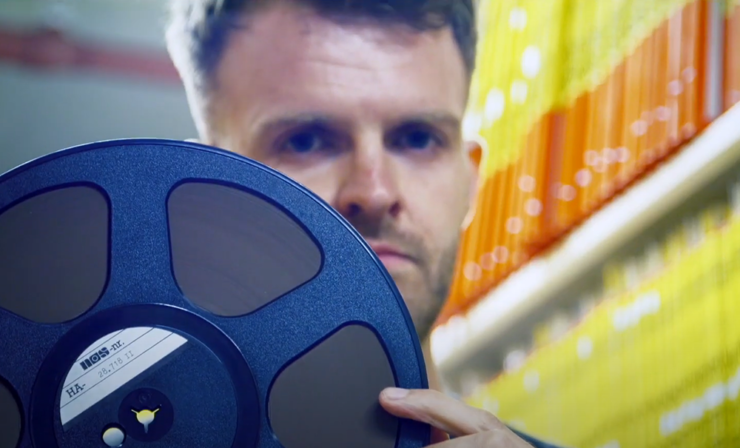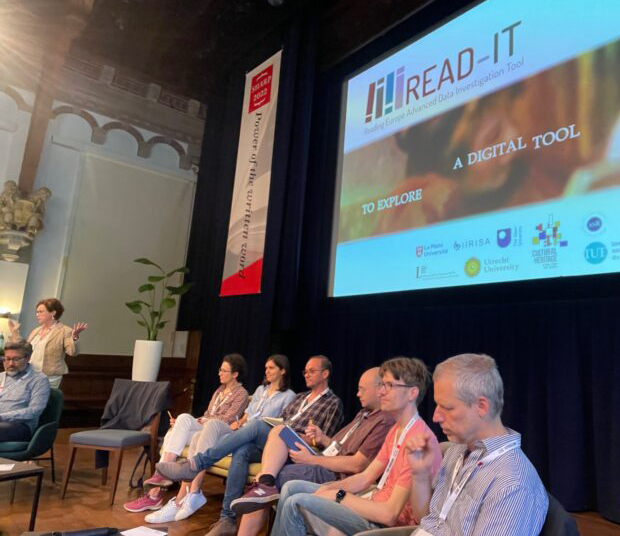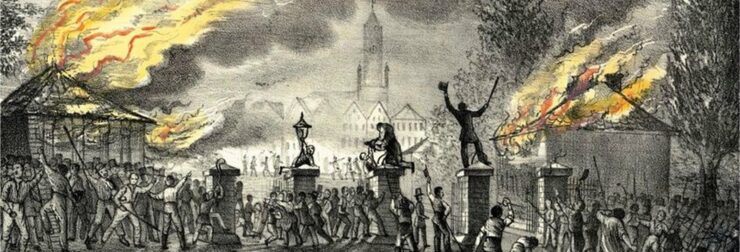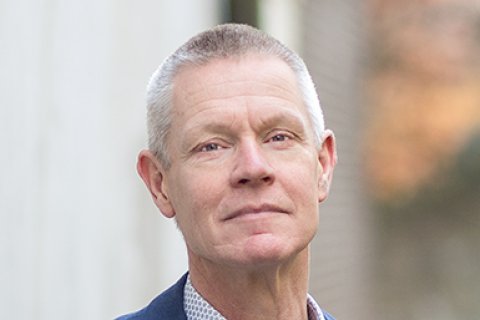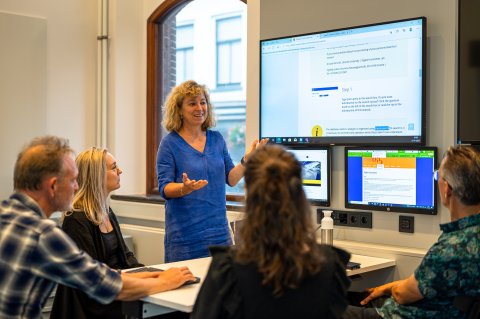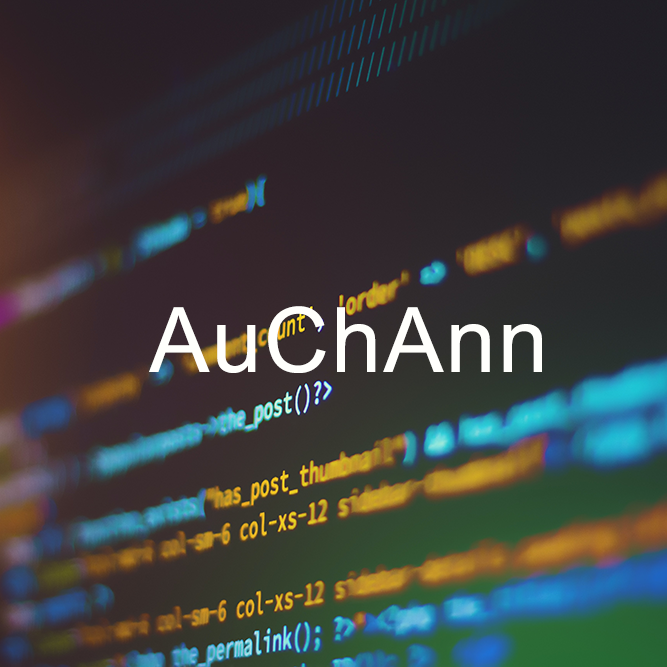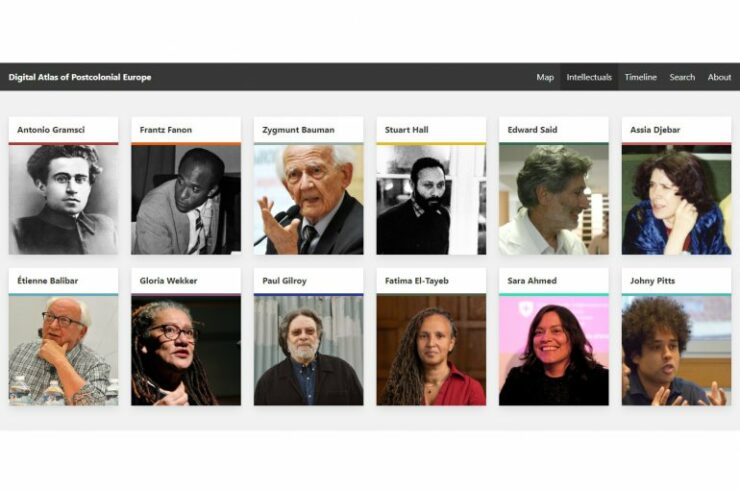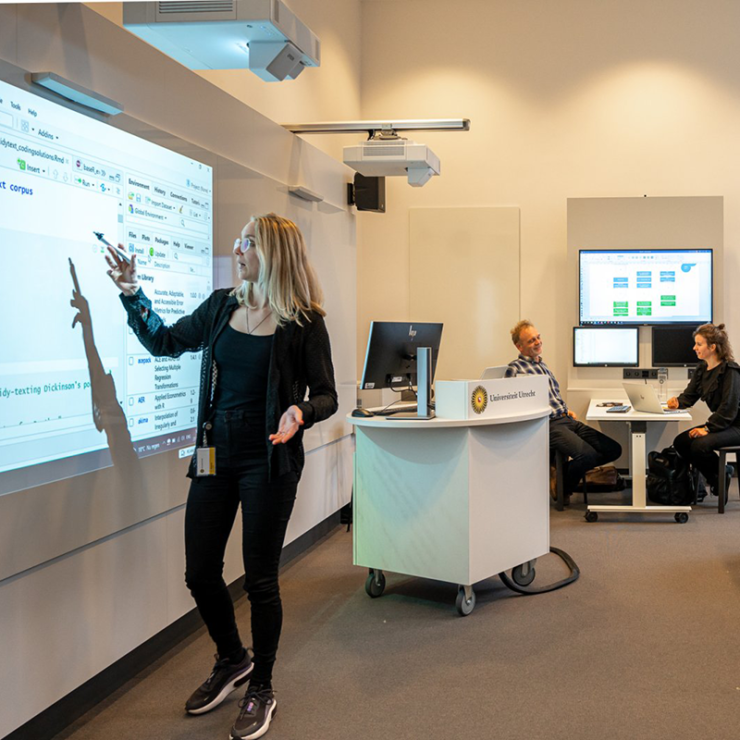Renewed Python course for humanities staff
This fall, the Centre for Digital Humanities (CDH) has decided to teach the Python workshop in four course days, with one week in between each of them. This gives the participants more opportunity to practice with the material and to make the knowledge stick better. After feedback from past semester on the Python workshop, the
Digital Humanities Webinar: Talking XTC – Distant and close reading of digitized newspaper and radio data archives
Interested in using digital humanities methods in media archives? During this webinar on Friday October 21, media researcher Berrie van der Molen will talk about the ‘leveled approach’ he has used for his dissertation on the use of the term ecstasy in the public debate in the Dutch media since the 1980s. For this research Van der
Job opening: Data Station Manager Humanities at DANS
DANS Data Archiving and Networked Services (DANS-KNAW) is the Dutch national centre of expertise and repository for research data. They are a service provider that helps researchers to make their data available for reuse. With more than 200,000 datasets, dozens of European projects and a staff of 60, DANS is among the leading data repositories
Digital Humanities Lab presents READ-IT tool with international partners
At the SHARP Conference 2022, the Digital Humanities Lab (DHLab) recently presented the results of the international READ-IT project. With the Horizon2020 grant of 250,000 euros the DHLab built an advanced interface for this project. READ-IT (Reading Europe Advanced Investigation Tool) is a large-scale study of reading culture in Europe from the 18th century to
Showcase text and data mining application I-Analyzer – The Age of Revolution through the lens of historical newspapers
Researchers and students are more and more interested in the use of text- and data-mining (TDM) for studying large quantities of digitally available text corpora, such as newspapers and journals. With TDM you can systematically experiment on and query sources as newspapers and periodicals in bulk, so that you can discover the evolution of concepts
Hugo Quené introduces himself as track leader FAIR data & software
The UU Open Science Programme introduces new members of the Open Science community. This time, Hugo Quené, professor in quantitative methods of empirical research in the humanities, director of the Centre for Digital Humanities at UU and the new leader of FAIR data & software within the Open Science programme. Who is Hugo Quené? Originally,
eScience Center Call: Digital approaches to the Humanities
This call for proposals, launched by the Netherlands eScience Center, aims to help researchers in the Humanities who require research software or digital tooling to answer their research problem. Researchers new to applying digital research methods as well as experienced users are encouraged to apply. A successful proposal should address a research question in a
Digital Humanities Walk-in Hours – Python, R, Digital Humanities software and Research Data Management
Do you have questions about creating datasets, sharing them or data security? Struggling with your Python script? Looking for a suitable digital tool to use for your research project? Do you have questions on how to analyse your data with R? You are welcome to visit the Digital Humanities Walk-in Hours for face-to-face advice about
Digital Humanities Lab launches AuChAnn
The Digital Humanities Lab (DHLab) recently launched AuChAnn, the Automatic CHAT Annotation tool. AuChAnn is a python library that can read a Dutch transcript and interpretation pair and generate a fitting CHAT annotation. Scientific developers Sheean Spoel and Mees van Stiphout of the DHLab developed AuChAnn in collaboration with Frank Wijnen, Professor of psycholinguistics at
Open Science grant awarded to Digital Humanities Lab
The scientific developers of the Utrecht Digital Humanities Lab (DHLab) have been awarded a grant from the Open Science Fund. The main objective of the rewarded project is to make the past and future research software of DHLab as FAIR (Findable, Accessible, Interoperable and Reusable) as possible. The Open Science Fund is an opportunity for Utrecht University and
Department of Media and Culture Studies and Digital Humanities Lab launch of Digital Atlas of Europe: postcolonial intellectuals
In collaboration with the Digital Humanities Lab, Professor of Media, Gender and Postcolonial Studies Sandra Ponzanesi and research assistant Julia de Lange launched the Digital Atlas of Postcolonial Europe: Postcolonial Intellectuals. The Digital Atlas of Europe aims to visualise the connections of postcolonial intellectuals across time and space, within and beyond Europe. It offers a symbolic selection of major postcolonial figures
CDH Staff Education Program Sept – Dec 2022
We are proud to present the new staff education program of the Centre for Digital Humanities (CDH). We again offer a diverse program with lectures and hands-on workshops on all kinds of different aspects of digital humanities. Registration is open now. Attendance to CDH courses and workshops (not the webinars) will be compensated by the Centre for Digital Humanities



